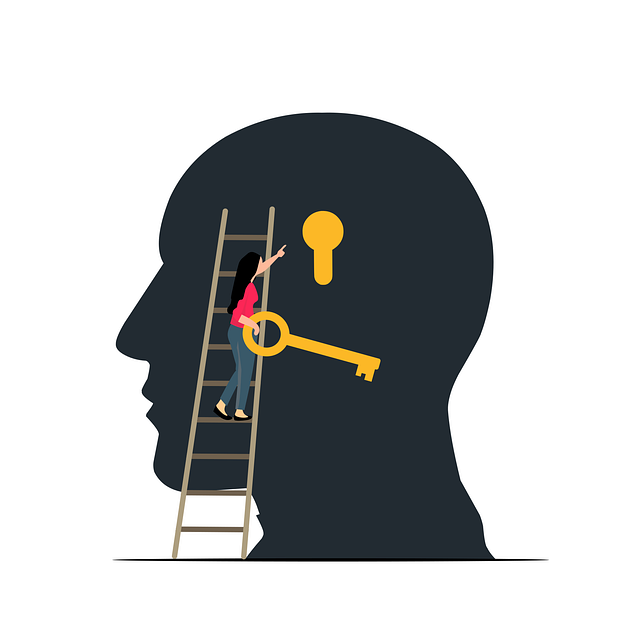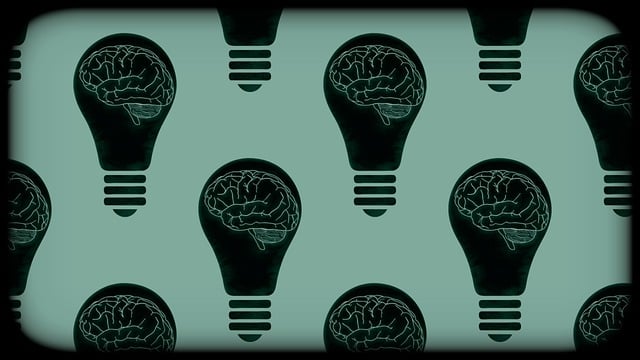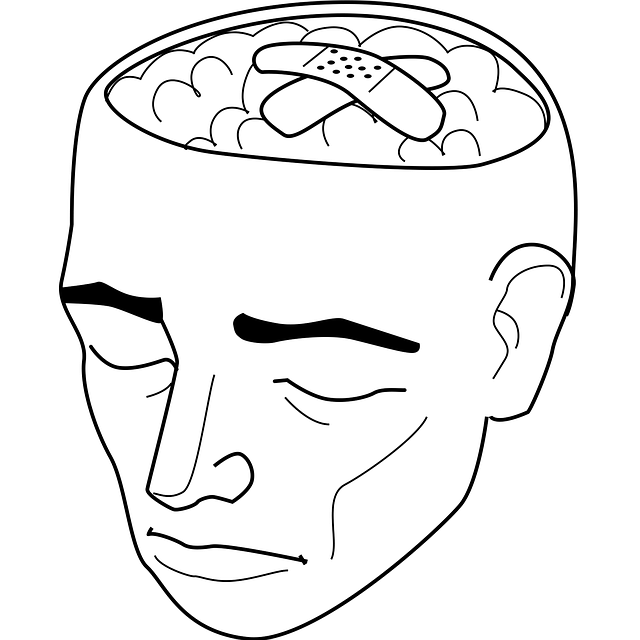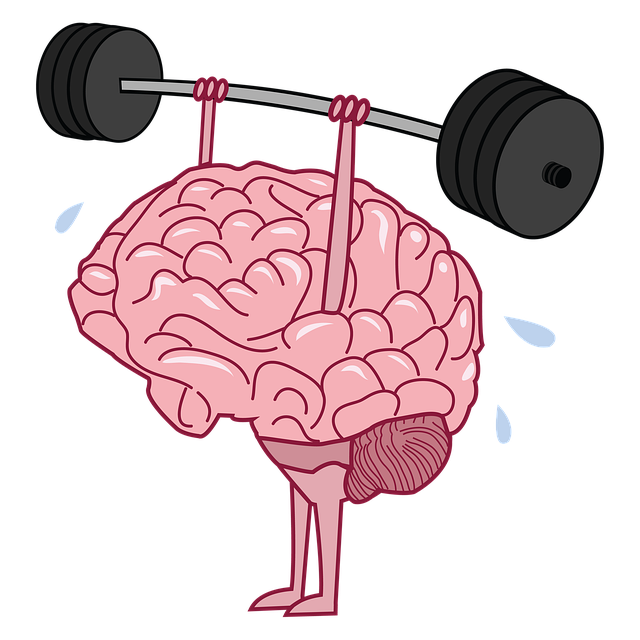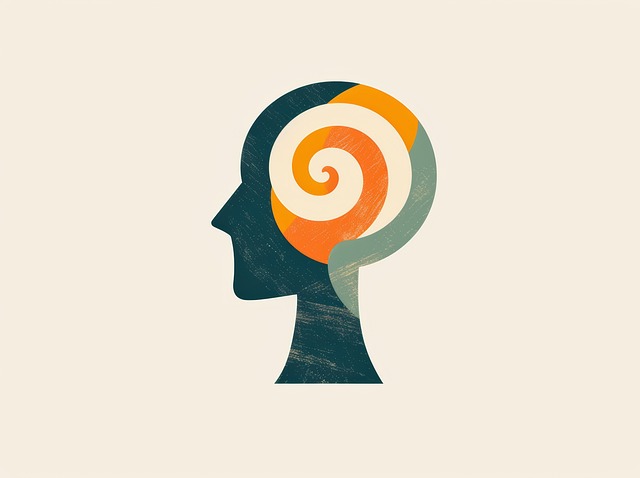Elderly Adjustment Disorder (EAD), a hidden mental health issue in seniors, arises from life shifts. Recognizing symptoms like sadness, anxiety, and sleep problems is key for effective therapy, including emotional intelligence training, coping skills development, and crisis intervention. Therapy, especially Cognitive Behavioral Therapy (CBT) and mindfulness practices, empowers elders to manage stress, modify negative thoughts, and enhance well-being. Creating supportive social environments and tailoring lifestyle changes, with cultural sensitivity in mental healthcare, is vital for managing EAD symptoms and improving quality of life.
“Stress management is an essential aspect of healthy aging, especially with the rise in elderly populations. This article explores effective techniques to combat the common challenge of Elderly Adjustment Disorder (EAD), a condition marked by heightened stress and anxiety. We delve into the impact of therapy, particularly Cognitive Behavioral Therapy (CBT), and introduce mindfulness practices for peace. Additionally, we emphasize the role of social connections and lifestyle adjustments in creating a supportive environment, offering a holistic approach to managing EAD and improving quality of life.”
- Understanding Elderly Adjustment Disorder: Symptoms and Causes
- The Role of Therapy in Managing Stress for Elders
- Cognitive Behavioral Therapy (CBT): A Popular Approach
- Mindfulness and Meditation Techniques for Stress Relief
- Creating a Supportive Environment: Social Connections and Lifestyle Changes
Understanding Elderly Adjustment Disorder: Symptoms and Causes

Elderly Adjustment Disorder (EAD) is a common yet often overlooked mental health challenge faced by older adults. It occurs when individuals struggle to adapt to significant life changes, such as retirement, loss of loved ones, or moving to new environments. Understanding EAD involves recognizing its symptoms, which can include feelings of sadness, loneliness, anxiety, irritability, and difficulty sleeping. These symptoms may manifest due to various factors, including biological age-related changes, chronic health conditions, and previous traumatic experiences.
The disorder can significantly impact an elderly person’s quality of life, making it essential to provide effective therapy for Elders Adjustment Disorder. Approaches like emotional intelligence training and coping skills development have proven beneficial. Crisis intervention guidance is another vital tool, offering immediate support during severe episodes. By combining these strategies, healthcare professionals can empower the elderly to navigate their adjustments with resilience and improved emotional well-being.
The Role of Therapy in Managing Stress for Elders

For elders struggling with stress and its related mental health issues, therapy plays a pivotal role as an effective tool for managing and overcoming challenges. Many older adults experience increased stress levels due to various factors such as retirement, health concerns, or the loss of loved ones. Therapy provides them with a safe space to process these emotions, fostering self-awareness exercises that are crucial in understanding their triggers and coping mechanisms.
Through structured sessions, elders can benefit from crisis intervention guidance, learning strategies to navigate stressful situations more effectively. This approach empowers them to develop resilience and enhance their overall well-being. Additionally, therapy for elders with adjustment disorders is tailored to address specific concerns, offering personalized stress management techniques that cater to their unique needs.
Cognitive Behavioral Therapy (CBT): A Popular Approach

Cognitive Behavioral Therapy (CBT) is a widely recognized and effective approach to managing stress and adjusting to life changes, especially for older adults. This therapy focuses on identifying and modifying negative thought patterns and behaviors that contribute to stress and anxiety. By challenging these unhelpful thoughts and replacing them with more realistic and positive ones, CBT empowers individuals to develop better coping skills. It encourages a more adaptive response to stressful situations, fostering resilience in the face of challenges like adjustment disorder.
CBT is tailored to meet the unique needs of older adults, taking into account any physical or cognitive changes that might impact their mental health. The therapy promotes self-awareness and provides practical tools for stress reduction methods. Through CBT, elders can learn empathy building strategies, helping them understand and connect with others on a deeper level. This not only enhances social interactions but also contributes to overall well-being and a sense of community.
Mindfulness and Meditation Techniques for Stress Relief

Mindfulness and meditation have emerged as powerful tools for stress management, especially in today’s fast-paced world. These techniques are particularly beneficial for elders suffering from adjustment disorders, offering a gentle and effective approach to calm the mind and improve overall well-being. By focusing on the present moment and cultivating awareness, individuals can learn to detach from stressful thoughts and emotions.
Meditation practices, such as guided mindfulness meditation, encourage elders to observe their breath and bodily sensations without judgment. This process helps in regulating emotions and reducing anxiety. Many Stress Management Workshops Organization cater specifically to this demographic, providing a safe space for learning and practice. Resilience building through mindfulness can also aid in managing the symptoms of adjustment disorders, fostering a sense of control and promoting mental health.
Creating a Supportive Environment: Social Connections and Lifestyle Changes

Creating a supportive environment is integral to effective stress management techniques teaching, especially for older adults adjusting to new situations or dealing with disorders like adjustment disorder. Social connections play a pivotal role in fostering resilience and providing emotional support. Encouraging participation in community groups, social activities, or even virtual interactions can help combat feelings of isolation and loneliness, common stressors for this demographic. Moreover, lifestyle changes tailored to individual needs are essential. This might include adopting healthy eating habits, engaging in regular physical activity, and establishing consistent sleep routines—all of which have been shown to mitigate stress and enhance overall well-being.
Cultural sensitivity in mental healthcare practice is crucial when addressing these aspects. Healthcare providers must be trained in cultural competency (Crisis Intervention Guidance, Healthcare Provider Cultural Competency Training) to understand and respect diverse beliefs, values, and practices that influence an individual’s perception of stress and coping mechanisms. This ensures that interventions are tailored to meet the unique needs of each person, promoting effective therapy for elders adjustment disorder and fostering a supportive environment that respects their cultural identities.
Stress management techniques play a pivotal role in alleviating symptoms of Elderly Adjustment Disorder (EAD). By combining therapy, such as Cognitive Behavioral Therapy (CBT), with mindfulness practices and lifestyle adjustments, elders can find effective ways to navigate the challenges they face. Fostering social connections and creating a supportive environment are key components in the healing process. With the right tools and support, individuals struggling with EAD can enhance their well-being and improve their quality of life significantly. Implementing these stress management strategies can empower elders to overcome adversity and embrace a more peaceful and fulfilling future.


